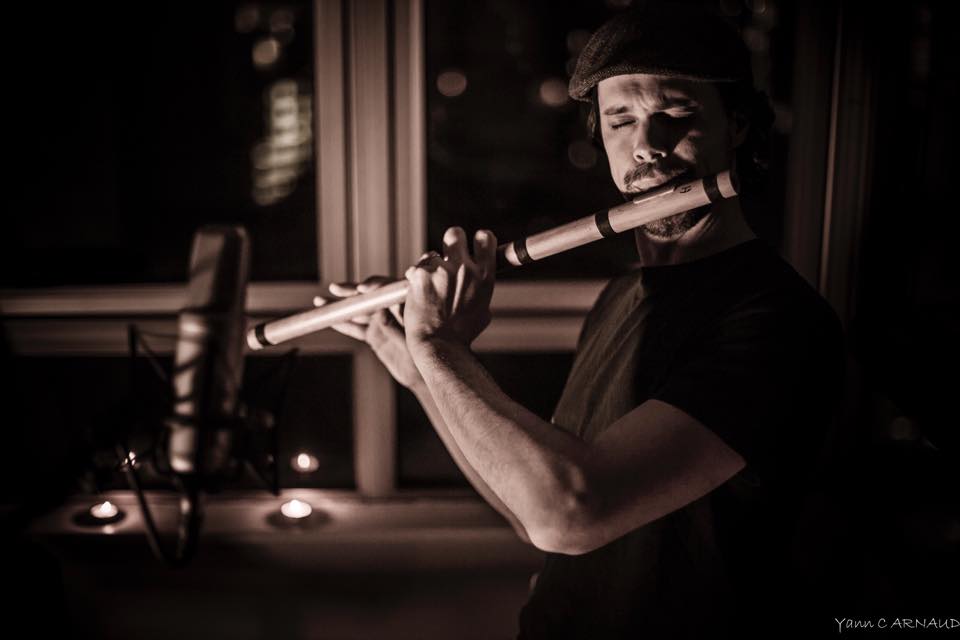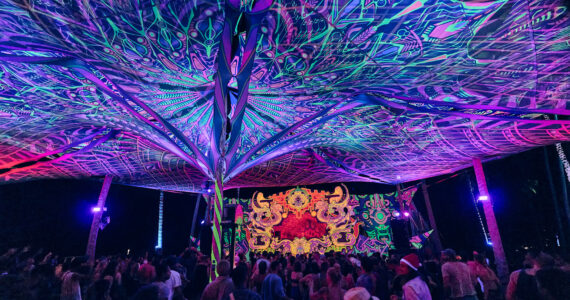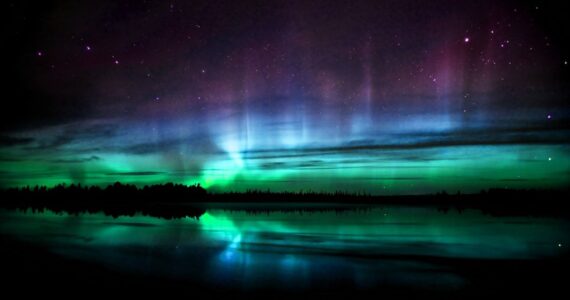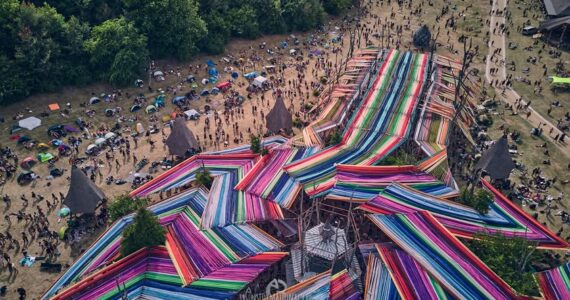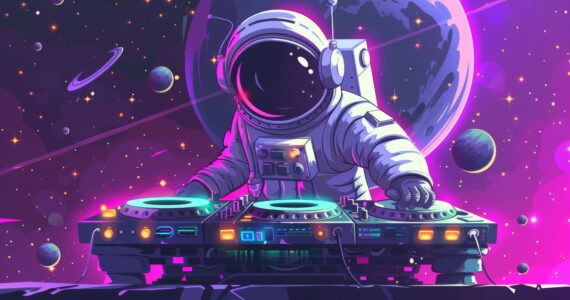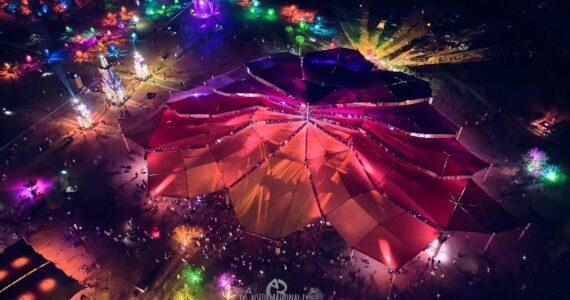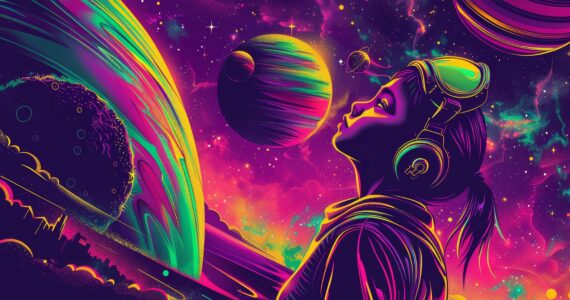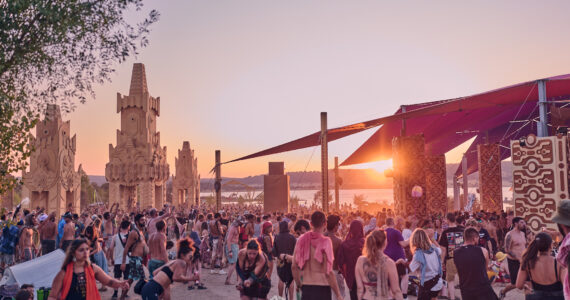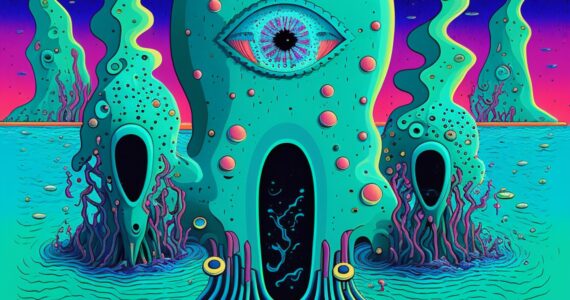Interview With Bansara
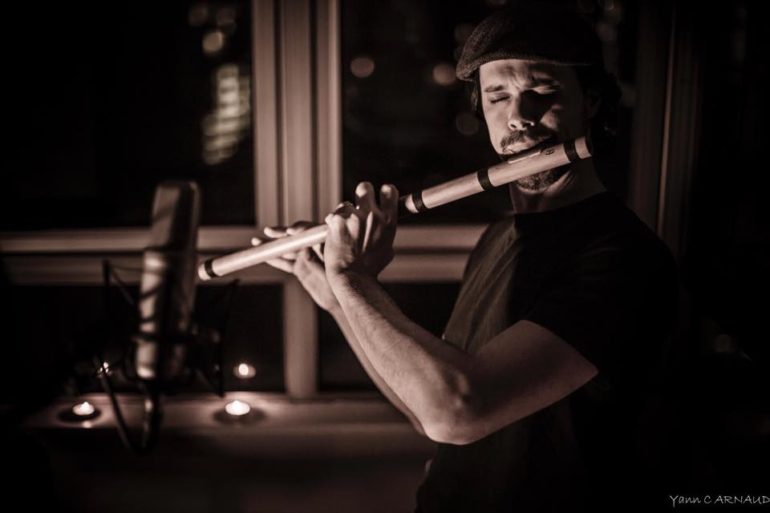
Interview With Bansara
Bansara, the brain child of Josh Geisler, has released his self-titled debut album on Mindspring Music. Josh is a multi-intrumentalist with over twenty years experience as a performer. He is currently touring with Cirque du Soleil’s “TOTEM“, with whom he has performed over 2500 shows around the globe. His remarkable career also includes studies in India with Bansuri legend Pandit Raghunath Seth and Sarod Maestro Pandit Vikash Maharaj, years of freelance gigs with a wide variety of artists in Brooklyn, as well as a degree in Music Production and Engineering from Berklee College of Music. We are happy to ask him some questions regarding his debut album and his musical career.
While you read, why not listen to the newest Bansara album:
Q : First, tell us about your self-titled album.
A : These tracks came together as an outlet for my creativity while touring with Cirque du Soleil. I started producing electronic music on my laptop out of necessity, but quickly fell in love with the medium as I realized that it could be a vehicle for combining all of my musical interests into one project. Previously I had struggled to integrate my electric guitar playing and my bansuri flute playing into something that felt right, but once I discovered production as an art form, I found that it all fit together in an organic way. I’ve been on the road full time since 2010, and along the way, I’ve picked up different instruments from the places I visited. First Native American flute, then Didgeridoo in Australia, Shakuhachi in Japan, a Bendir from Morocco, etc. I grew up in the typical American pop culture, but I’ve been moving around almost constantly ever since I left home for college, collecting influences all the while. I’ve come to realize that “multi-cultural” has become my identity, and this music is the expression of that. So the drums, synths, guitars, Ableton Live, and Western harmony in general represent my American roots, but all of the other instruments and musical ideas represent the travel experiences I’ve had, people I’ve met, and teachers I’ve learned from.
Q : What is the meaning behind the name Bansara?
A : Bansara is a made up word derived from the Bansuri (North Indian bamboo) flute. I wanted something that didn’t bring to mind any specific references and was available as a domain name. I don’t place too much importance on band names. It’s all about the music for me, but you have to have a name, so I went with that and got on with making more music. Words are abstractions. Music is reality.
Q : Tell us a bit about the (instruments and) field recordings you used in your album?
A : I love going out into nature. Throughout my travels I’ve been going hiking, and I bring a Zoom recorder with me in my backpack. Whenever I hear something interesting I stop and record it. It’s like a meditation – being present in my body and aware of the sounds around me. If you think about it, sound is so vital for your emotional state in nature. What’s going on here now? Is the environment active? Is it silent? It all tells a story, one that I believe touches something deep in our DNA that we don’t typically access in the modern world. But it’s powerful and affects our emotional state whether we’re conscious of it or not. Sometimes I’ll use the raw file as a background because it conveys the right feeling. Other times, I’ll substitute a nature sample for what would normally be an instrument. For example, a footstep in the snow works great as a snare drum. I used that on “Rising Storm”. An ocean wave makes an amazing “riser” or swell effect. Once a fly flew close to my mic, and I isolated the waveform and made a synth out if it. There’s really so much you can do with that, it’s fun, and at the end of it, you’ve created your own sound.
Music is medicine – the good stuff can heal you, but if you listen to the wrong type at the wrong time it can have ill effects.
Q : Is there a message you are trying to convey to listeners with your music?
A : Bansara is about the blending of ancient wisdom with modern technology, cross-cultural collaboration, and a love of nature. I want this music to point the listener toward a deeper part of themself, to take them on a journey in sound, and I use a combination of traditional musical ideas and modern instruments to do so. For a long time, I’ve been interested in this idea of blending “Eastern” and “Western” music together, because I feel that there is a level of vibration that transcends but includes cultural identity. The overtone series and its derivative, harmony, are universal. Time and its derivative, rhythm, are universal. Tension and release, Yin and Yang, Brahman and Maya, are universal. I enjoy playing in that space more than I do in any one style. And the nature sounds remind us that the natural world is still vital to our survival. While everybody is freaking out about Trump, terrorism, immigration, the economy, or whatever, the planet is slowly getting hotter. Nobody seems to be talking about that in the mainstream right now. We need to realize as a society that we are a part of the web of life and when we damage the web, we damage ourselves.
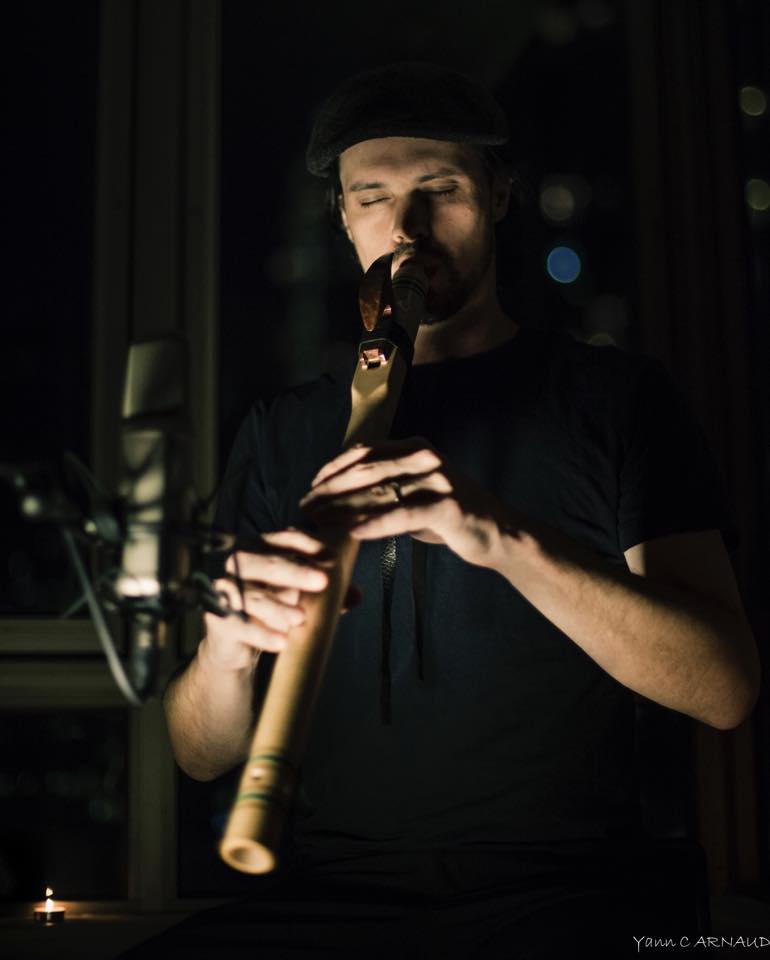
Pic by Yann C. Arnaud
Q : In a broader sense, do you see a particular role for musicians in society?
A : I believe that any artists’s job is to go on a journey into their consciousness and bring something back from the spirit world in tangible form. Art at its best reminds us of our nature as spiritual beings. I haven’t found anything better than music to share that experience with people. We lose our individual identity and merge with the whole, and it feels so good. Not everyone can do that on a daily basis, but it’s very important for society as a whole to have this outlet. The days of organized religion seem to be waning, but music is an evergreen source of inspiration and spiritual connection that is vital to the human experience. My goal is to serve people in this way. I’m not interested in impressing people or being in the spotlight. The prime directive for me is, “How can I best serve?”
Q : Who do you listen to for musical inspiration?
A : The infinite well for me is North Indian classical music. It’s a tradition that stretches back thousands of years. There is a wealth of tremendous musicians, generation after generation, and it would take a million lifetimes to absorb everything there is to learn in that music. At its best, it’s a direct line to the transcendent in music. I listen to a lot of music from traditional cultures, but I also crave modern textures as well. I go through phases. But the thread that connects the things I like is a chill vibe and meditative spirit. Music is medicine – the good stuff can heal you, but if you listen to the wrong type at the wrong time it can have ill effects. I’m not trying to emulate other artists. I’m trying to make music that I myself would want to listen to.
Q : What does the future hold for Bansara?
A : I’m going to keep going. There’s a lot of musical ideas I have that didn’t make it onto the first record. Now that my first album is out, I’m going to start focusing more on my live show and developing my new compositions to the next level. I feel like I’m just getting started and that there’s a lot of potential for personal and musical growth in this project, so I’m just going to trust my intuition and do my best every day. If I do that, it has to add up to something.
Cover picture taken by Yann C. Arnaud

